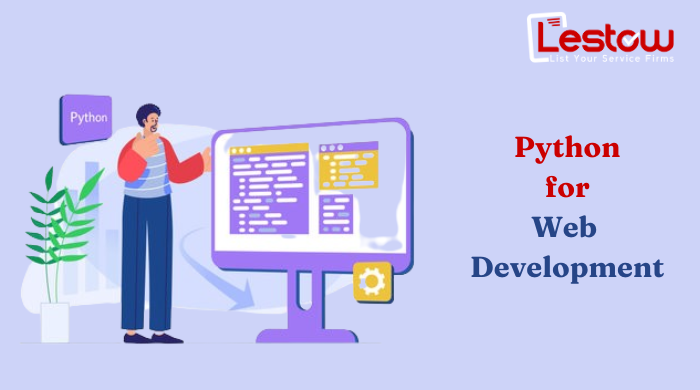Python is a reliable and effective programming
language that has received tremendous reputation over the years. While it is
primarily known for its applications in data science, machine learning, and
scientific computing, many developers also use Python for web development. The
question of whether Python can be considered a "web language" is a
topic of much debate and discussion in the programming community. To answer
this question, we need to understand the different aspects of web development
and we shall also discuss Is
python essential language for web development.
Server-side Programming:
One of the
primary roles of a web language is to handle the server-side logic of a web
application. Python is well-equipped for this task, thanks to its extensive
range of web frameworks like Django, Flask, Pyramid, and Tornado. These
frameworks provide developers with a wide range of tools and functionalities
for building robust and scalable web applications, including routing,
templating, database integration, and more. Many popular web applications, such
as Instagram, Dropbox, and Reddit, are built using Python-based frameworks.
Dynamic Content Generation:
Another key
aspect of web development is the ability to generate dynamic content on the
server-side. This is particularly important for creating interactive and
personalized web experiences. Python's flexibility and wide range of libraries,
such as Jinja2 for templating and SQLAlchemy for database integration, make it
well-suited for this task. Python's powerful text manipulation capabilities
also allow developers to generate and process HTML, CSS, and JavaScript
programmatically.
Web
Services and APIs:
In the age of
distributed and interconnected systems, the ability to build and consume web
services and APIs is crucial. Python's straightforward syntax and extensive
library ecosystem, including frameworks like Flask and FastAPI, enable
developers to quickly create and expose web services that can be consumed by a
variety of clients, including web browsers, mobile apps, and other web
applications.
Client-side Scripting:
Traditionally, Python has not been the language of choice for
client-side scripting, which is primarily dominated by JavaScript. However, the
rise of technologies like Brython and Pyodide has allowed developers to use
Python for certain client-side tasks, such as interactive visualizations and
browser-based applications. While these technologies are still evolving, they
demonstrate the potential for Python to play a role in the client-side realm of
web development.
Deployment and Hosting:
Python-based
web applications can be deployed and hosted on a wide range of platforms, from
traditional web servers to cloud-based hosting services. The availability of
tools like uWSGI, Gunicorn, and containerization technologies like Docker has
made it easier to package and deploy Python web applications in a reliable and
scalable manner.
While Python may not be considered a traditional "web language" like JavaScript or PHP, it has proven to be a highly capable and versatile choice for web development. The combination of its readability, extensive library ecosystem, and the availability of powerful web frameworks make Python a viable and attractive option for building web applications. That said, it's important to note that Python's strengths lie more in the server-side and back-end aspects of web development, where its general-purpose programming capabilities and rich ecosystem of libraries can be fully leveraged. For tasks that are more client-centric, such as building complex user interfaces or managing client-side state, other languages like JavaScript may still be the preferred choice.
In conclusion, while Python may not be the first
language that comes to mind when thinking about web development, it has
certainly earned its place as a powerful and capable web language. With its
growing adoption in the web development community and the continuous evolution
of supporting technologies, Python is likely to continue playing a significant
role in the web development landscape for years to come.

